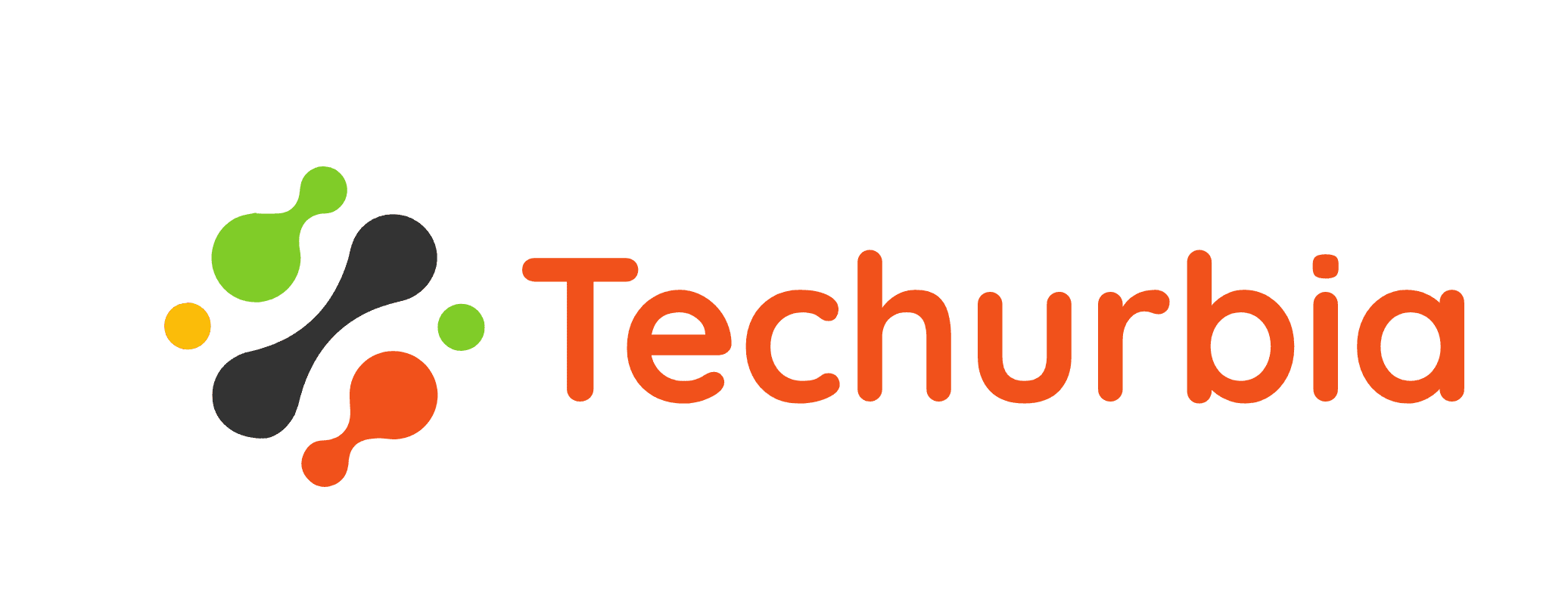The digital divide and financial exclusion have long impacted Black communities in America. Limited access to technology and capital prevents many from tapping into the wealth of opportunities in the digital economy. However, a new wave of Black-owned apps is aiming to change that by building a more equitable tech ecosystem.
Apps like Goodr, Spill, and Fanbase showcase Black innovation while also addressing real needs within Black communities. Their unique models provide economic empowerment, amplify voices, and foster connectivity. With targeted solutions and inclusive platforms, these apps are helping bridge longstanding divides.
Closing the Digital Gap
The digital divide refers to the gulf between those who have access to modern information and communications technology, and those with limited or no access. This divide disproportionately affects minority groups, including Black Americans. Factors like lower income levels, lack of technology infrastructure in marginalized neighborhoods, and lack of digital skills contribute to this gap. Statistics show that in 2019, less than 60% of Black households had broadband internet access, compared to over 80% of White households. Smartphone ownership, though high, is also lower among Black Americans. Even when there is access, many struggle to leverage technology to create economic opportunity or make their voices heard.
Black-owned platforms are working to close this divide. Apps like Spill and Fanbase provide inclusive social networks where Black creators can grow audiences and get paid. Users worldwide can support Black content or have nuanced discussions. Goodr’s food waste solution relies on digital coordination, directing surplus to communities in need. These apps showcase Black excellence in technology, while making its benefits more accessible. They are demonstrating the power of targeted digital platforms to empower marginalized groups.
Overcoming Financial Exclusion
Equally pressing is the stark wealth gap that prevents many Black entrepreneurs from accessing the capital needed to thrive in tech. The average net worth of a Black family is nearly 10 times lower than a White family. Moreover, Black business owners face immense hurdles in securing funding and investments. Innovative apps are providing new avenues to earn income and monetize creativity. Fanbase lets users charge subscriptions for exclusive content. Spill features tipping to support voices. Goodr’s model creates financial incentives for food donors while directing meals to struggling families. Additionally, some apps are leveraging crowdfunding and community support. Fanbase previously raised over $200,000 from individual investors on the StartEngine platform. Such alternative funding models help bypass traditional gatekeepers and build communal wealth.
Financial access and inclusion are imperative for reducing inequality. By rewarding Black creators and connecting them to income streams, these apps foster economic justice. They provide paths to prosperity that circumvent systemic barriers.
Building Community
While addressing divides, these apps also strengthen connections within the Black community. They create spaces for shared experiences, amplify marginalized voices, and celebrate Black culture. Goodr coordinates networks of businesses, nonprofits and community members to efficiently meet a basic need – food. Spill provides a place for cultural discourse without the toxicity plaguing mainstream platforms. Fanbase lets creators bond with supporters who value their work. Developing communal spaces online facilitates collective growth and social capital. Users can find empowerment through shared stories or by supporting Black-owned businesses. Comments and feedback loops let people shape communal norms.
By facilitating community building, these apps cultivate environments where Black people can thrive socially, economically and politically. Shared spaces create opportunities that may not otherwise exist.
The Future is Inclusive
While huge strides have been made in technology, true inclusion remains elusive. Systemic oppression still blocks many from accessing all the digital economy offers. Black-owned apps provide inspiring examples of how technology can be harnessed for good. But there is much work still to be done. Closing divides requires removing barriers to technology access, investing in digital skills development, and funding Black innovators. It means building tools that serve people, not profit alone. With targeted solutions and community-driven models, Black-owned apps point to an equitable tech future. One where economic mobility, social empowerment, and racial justice are forwarded through innovations that unite, rather than divide.






